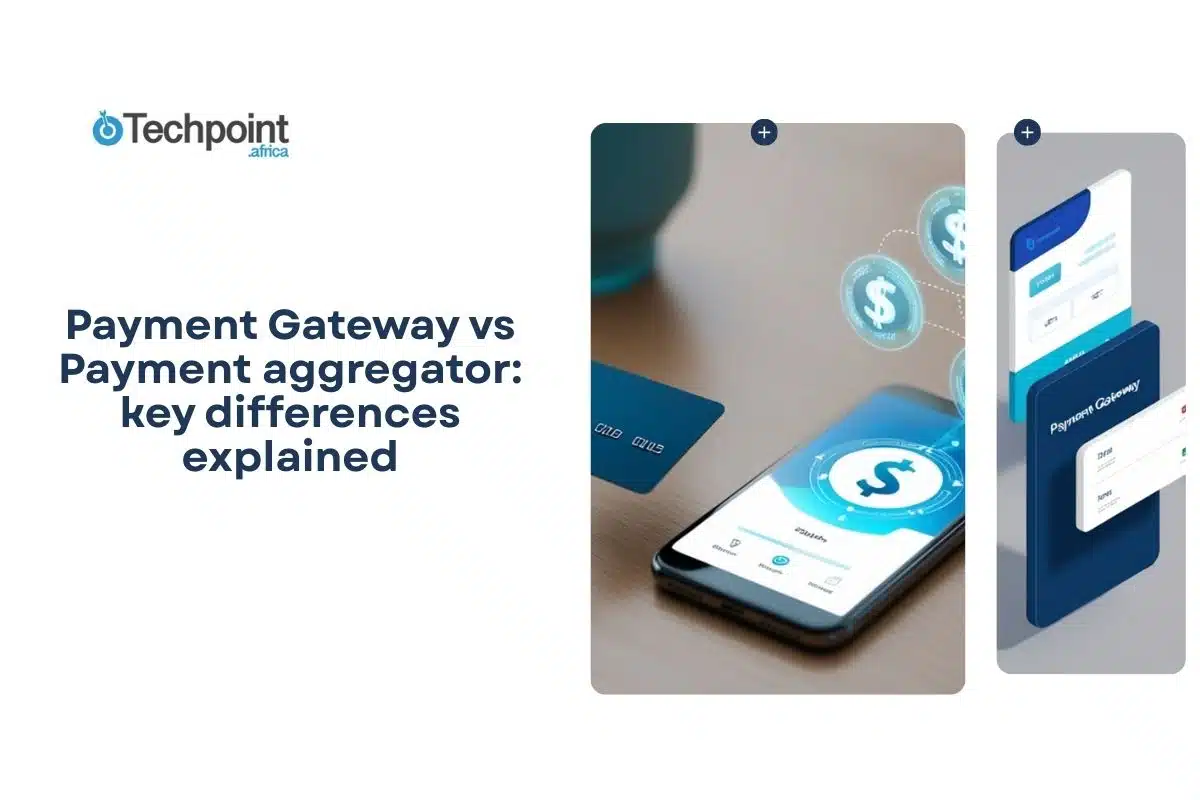Africa’s consumer lending market is booming, fuelled by millions reaching for credit through their phones. While many borrowers recognise familiar names — FairMoney and Carbon in Nigeria, Safaricom and M-KOPA in Kenya — the engines behind these loans often remain unseen.
Beneath the surface are infrastructure providers, the vital “pipes” of digital lending that handle everything from credit assessment to loan disbursement and collection. Like well-hidden plumbing, they connect all parties without ever drawing attention.
One such player, Kuunda, has quietly powered more than $3 billion in loans since 2018, yet remains virtually unknown outside industry circles.
“We’re a media-shy company,” Andrew Milne, Kuunda’s Co-founder and co-CEO, said on a call with Techpoint Africa.
Creating conditions for lending
Kuunda, “create” in Swahili, is not a fintech lender. Founded in 2018 by Milne, Sam Brawerman and Morne van der Westhuizen, Kuunda operates behind the scenes as a business-to-business-to-consumer (B2B2C) embedded financial services company, specialising in real-time lending solutions.
Rather than directly lending to consumers, Kuunda provides liquidity infrastructure to a wide range of partners — agents, small businesses, and financial institutions — through its liquidity API and proprietary credit scoring algorithms.
The company’s mission is to bridge persistent liquidity gaps that hamper economic activity and resilience in emerging markets, particularly within Africa and parts of Asia.
According to Milne, agents and small businesses serve as vital access points to financial services for underserved populations, yet these intermediaries themselves face ongoing challenges securing timely capital. By empowering these actors with tailored financing solutions, Kuunda helps fuel not just individual businesses but entire local economies.
Kuunda’s secret weapon lies in its data-driven approach. Using its proprietary algorithms, Kuunda builds real-time borrower profiles based on behavioural and transactional data captured through its network of channel partners.

Victoria Fakiya – Senior Writer
Techpoint Digest
Stop struggling to find your tech career path
Discover in-demand tech skills and build a standout portfolio in this FREE 5-day email course
These partners, ranging from telecoms to digital lenders, provide insights into transaction patterns, enabling Kuunda to identify who has urgent financing needs and, crucially, who is most likely to repay.
Among Kuunda’s innovative products is Hapa Cash, a short-term, one-day facility designed to fund specific transactions such as airtime advances, e-float purchases, fuel, and other immediate operational needs.
For longer-term business growth, Kuunda offers Kazi Cash, a medium-term loan product available in 7 and 14-day durations, supporting agents and micro, small, and medium enterprises (MSMEs) in financing stock, working capital, and fixed-term loans.
One of Kuunda’s earliest clients was M-PESA Tanzania, where it initially supported the development of a system to provide float to mobile money agents. Over time, Kuunda expanded its role, introducing working capital products and overdraft solutions tailored to the needs of agents and micro-merchants.
“We optimised the product and grew it from 600,000 users with an NPL of 7.8% to 1.8 million users with an NPL of 1.9%,” Milne says.
Today, Kuunda powers more than 85% of M-PESA Tanzania’s loan volume, having added additional financial products to meet evolving market needs. Its success in Tanzania has become a springboard for broader regional growth, as the company now operates in five African countries and Pakistan.
Why Kuunda is focused on B2B2C
Kuunda’s focus on the B2B2C model is a deliberate move that aligns with both its team’s experience and the dynamics of the markets it operates in. Instead of acquiring end users directly, often a costly endeavour in emerging markets, Kuunda partners with organisations that already have scale and customer engagement.
“All of our partners have reached scale. They’ve got transactional activity happening on their digital platforms,” Milne says. “Many of them have spent ten years building up a customer transactional base.”
This model also enables Kuunda to operate without needing local financial licences or its own balance sheet.
“When we go into markets, we don’t need that licence. We don’t need a balance sheet because the bank provides [a] balance sheet and lending licence, and the payment provider, mobile money operator, [and] POS provider, they’ve got the payment licence.”
Business model
Kuunda’s business model is built around a revenue and risk-sharing structure that minimises upfront costs for enterprise clients while aligning incentives for all partners. Instead of charging enterprises for product development, integration, or ongoing support, Kuunda absorbs those costs. This allows partners to launch embedded finance solutions without CapEx or OpEx burdens.
Revenue is generated through partnerships with financial institutions. Once a financial product is deployed through an enterprise client, the resulting income is split three ways between Kuunda, the bank, and the enterprise.
Backed by leading investors
Today, the company announced the completion of its $7.5 million pre-Series A round with participation from investors such as Portugal Gateway Fund, Seedstars Africa Ventures, 4Di Capital, Accion Ventures, Nedbank, and E4E Africa.
“Kuunda’s data-driven, behaviourally based credit scoring gives banks and capital providers the confidence to serve the informal economy at scale. By turning billions of digital transactions into actional risk insights, Kuunda makes last-mile lending sustainable, repeatable and profitable. We’re excited to back a team helping create the inclusive credit rails for the continent,” Erik Van Veen, Partner at Portugal Gateway Fund, shared in a statement.
A natural evolution beyond digital lending
Kuunda’s future roadmap is an evolution from a credit-focused fintech to a full-stack infrastructure provider for digital financial services, beginning with savings.
A key part of Kuunda’s future also involves financial education. With support from the Gates Foundation, the company is building a WhatsApp-based financial literacy bot to engage users where they already are. This initiative aims to drive responsible usage of financial services and improve outcomes for its partners.
Its pre-Series A round, initially targeted at $3 million, closed at $7.5 million, and Milne points to it as validation of its growth strategy and value proposition. Of that, $5.5 million is earmarked for growth, entering over seven new markets, strengthening the team, and scaling operational capacity.
It has already launched in two new markets — Kenya and Mozambique — with plans to scale to seven additional markets without needing to raise additional capital. Additionally, a portion of the round was used for secondary transactions, providing liquidity to some early investors.










